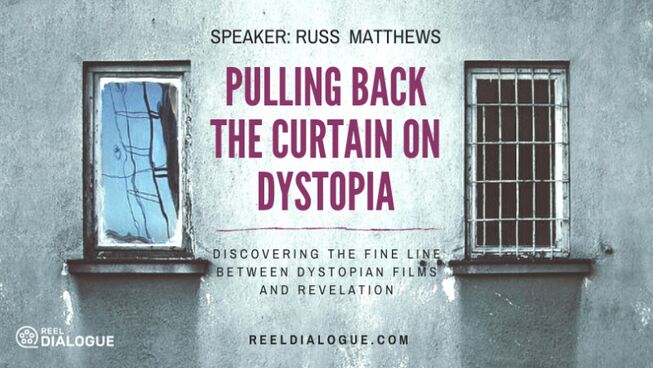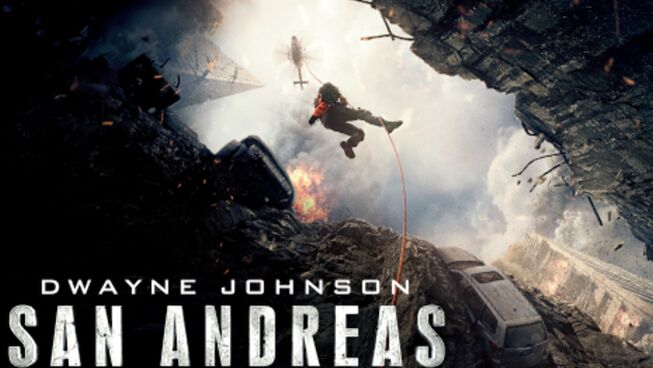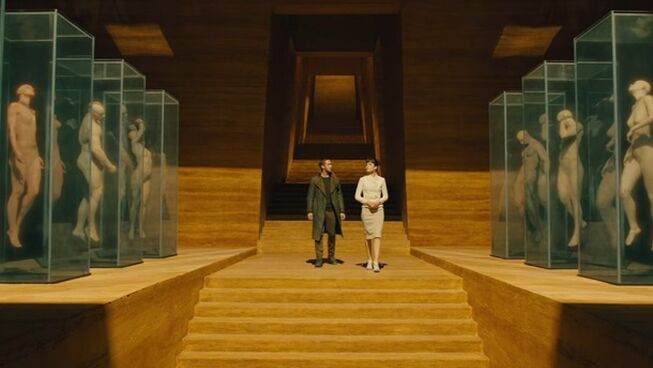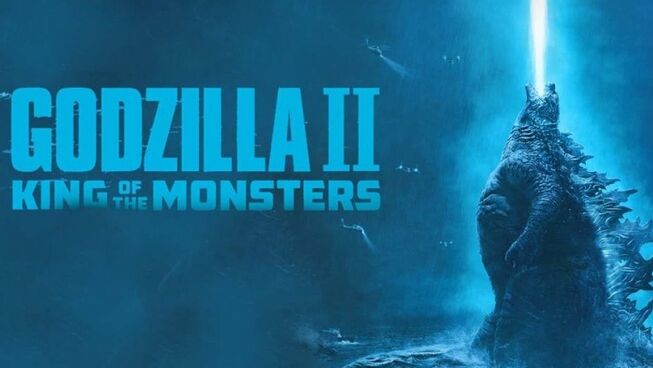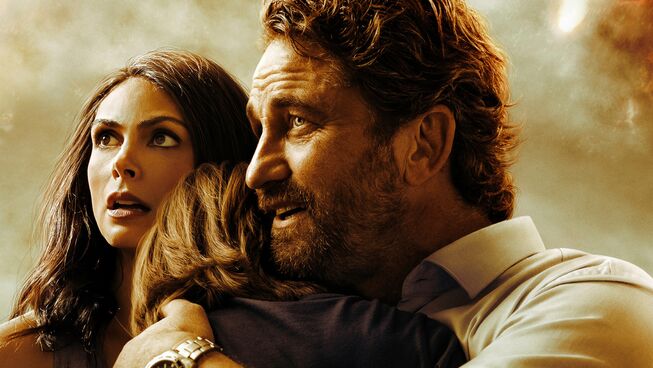
3 out of 5 stars
The world is going to come to an end. You have seen this message downtown on the guy with the sandwich board sign or heard it as a regular topic on talk radio. The apocalypse has also provided Hollywood enough material to destroy the world at least once a year for decades. Then we all experienced 2020 and these stories became more reality than fiction as the bushfires raged, earthquakes shook and the pandemic ravaged the world’s population. Still, this does not stop film productions from being made that weigh in heavy on our fear of humanity's demise.
Instead of taking us into the near future, Greenland's makers choose to destroy the world in the present day. John Garrity (Gerard Butler) is a structural engineer working on a building project in downtown Atlanta, Georgia. Even though his workplace responsibilities weigh heavy on his shoulders, his desire is to get home to his family. He seems to be living the ideal life with his beautifully supportive wife, Allison (Morena Baccarin), and a loving son. Yet, some of his recent indiscretions have caused him to be estranged from this idyllic world. As he tries his best to make amends for his mistakes and come home, another challenge erupts. John has to deal with the latest news accounts of the recently-discovered interstellar comet named Clarke.
In his attempt to return to normalcy, John takes his son, Nathan (Roger Dale Floyd) to the shops to get some last-minute items for a birthday celebration. While he walks through the grocery store, he receives a presidential alert stating that he has been chosen to evacuate to an emergency shelter. An announcement that John treats with a bit of scepticism until he and his friends witness the devastating effects that Clarke begins to have on the world’s cities and population.
As the comet wreaks havoc on the planet and governments realise that this will be an extinction-level event, reality begins to cause chaos to erupt. These news accounts motivate the Garrity family to quickly pack up and leave for Warner Robins Air Force Base. Even though it is challenging to get through the crowds, the family manages to get in the transport plane line. Until they discover that they are not eligible for transport because of Nathan’s diabetes. This leads to a cascading series of life-changing moments for the family which motivates them to do all they can to get to the Greenland facility before the comet's final and devastating impact.
As we sit out the devastation of the latest year, it may be difficult for anyone to look forward to this latest depiction of the end of life as we know it. Yet, many disaster film fans may need a bit of escapism and to see that others are doing it worse than them. Even though Greenland has many familiar elements that we have come to expect from these storylines, there are a few things that differentiate this film.
Chris Sparling’s script manages to humanise the central characters by showing how they live an everyday existence until disaster strikes. These events rip society apart and expose the hearts of mankind by offering the best and worst that humanity is capable of being. In amongst the acts of mercy and service, there are desperately wicked acts performed against men and women. This cesspool begins to spin quickly around the Garrity family. They must decide how far they are willing to go to survive. As they are confronted with these ethical and moral dilemmas, there begins to be a nagging suspicion about this movie. One that the writer is challenging the viewer to consider how we would respond in similar situations.
Like most films that depict the destruction of the earth, two primary tensions seep into the narrative. On the one hand, director Ric Roman Waugh manages to capitalise on exceptional visual effects to convincingly show Clarke's impact. These disastrous images are confronting and could lead to panic in the theatre. While on the other hand, logic becomes one of the victims of the story’s arch. Each step of the journey moves further and further away from probability. As the desperation of the situation becomes more evident, things become more science-fiction than real. This proves that the apparent need to see this family's implausible survival is the priority over any rational considerations.
Greenland begins as a divergent take on a familiar genre. Eventually, it does return to the irrational disaster film style that fans have come to know. This brings us back to the consideration that the world will come to an end. Still, this story should not be considered instructional for those looking to these final steps of humanity.
Reel Dialogue: How will the world come to an end? It is the question of the ages.
Books, film and religions all try to answer this query that plagues everyone at some point in their life. It can bring out fear in much of the population and conspiracy theorists who merely have to provide implausible answers to cause people to continue to ask the question.
What does the Bible have to say about it all? The book of Revelation can be confusing and misunderstood. Yet, it is worth engaging with others on this informative text for a more precise answer of the end of the world as we know it.
Discussion of dystopian futures and how they compare to Revelation

